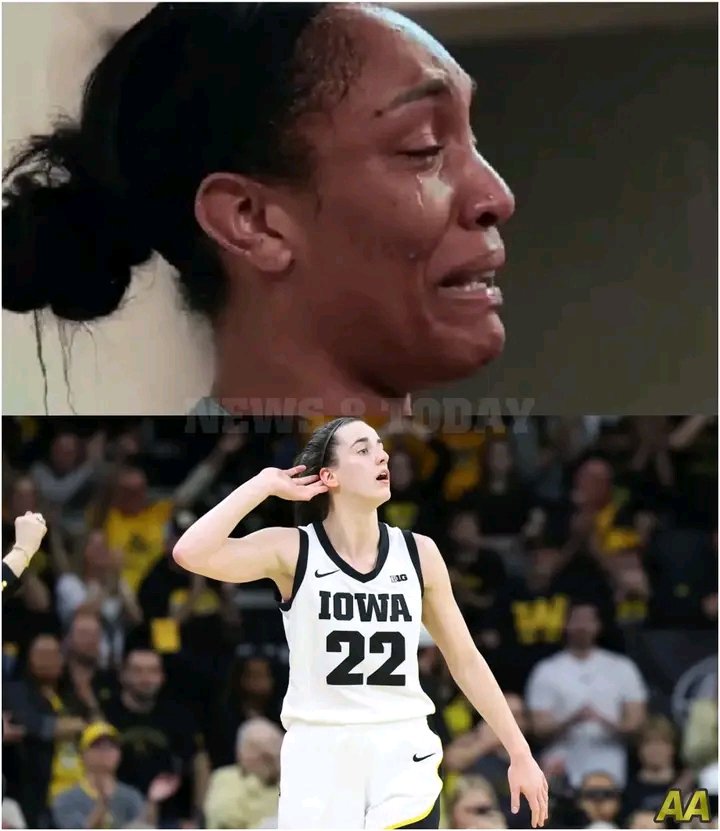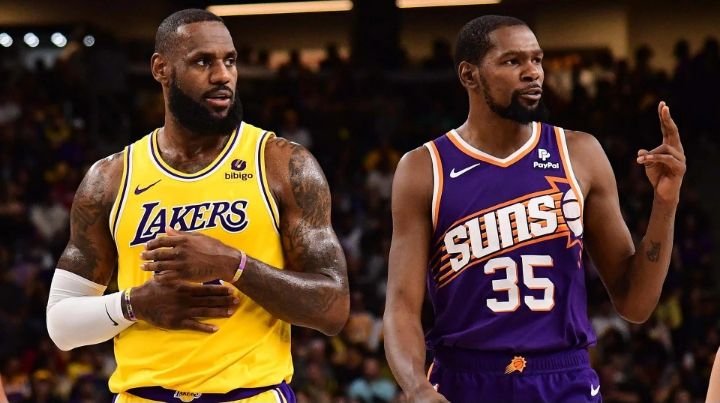
In a recent statement, A’ja Wilson shared her thoughts on the disappointing WNBA ratings and the challenges facing the league, touching on topics of representation and media coverage. The Las Vegas Aces star has always been outspoken about the lack of exposure the women’s game receives, particularly when compared to their male counterparts. In the wake of her team’s playoff exit, she voiced her frustrations, underscoring that the league’s struggle to gain viewership and attention goes beyond just poor ratings.
Wilson’s comments sparked a significant conversation, as she connected the poor viewership numbers to a broader issue of systemic racism that affects women athletes, particularly Black players. She brought up Caitlin Clark, a prominent college basketball player, pointing out the difference in media treatment between players of different backgrounds. Wilson argued that the disparity in coverage and respect shown to Black athletes versus their white counterparts highlights a deeper issue of racial bias. This claim has generated considerable debate, especially regarding how race plays a role in the visibility and recognition of athletes.
Reflecting on her own experiences, A’ja emphasized the importance of creating a more inclusive environment for women’s sports, where all players are given equal opportunities to shine regardless of race or background. She made it clear that the journey to achieving parity in the sports world is not just about numbers or ratings—it’s about ensuring that all athletes, regardless of skin color, are recognized for their hard work and talent. Her message is a call for a more balanced approach to coverage, one that acknowledges the accomplishments of women of all races equally.
As Wilson’s comments made waves, many fans and analysts were quick to weigh in. Some expressed their support for her stance, agreeing that there is a noticeable imbalance in the way women’s sports are covered, especially when race is involved. Others, however, pushed back, questioning whether Clark’s success in college basketball could be considered a direct result of racial favoritism. Nevertheless, the conversation ignited a broader discussion about the representation of women and people of color in sports media.
Moving forward, A’ja Wilson hopes that her words will contribute to a more significant shift in how women’s basketball is perceived and covered. She believes that it’s time for the sports world to catch up with the diverse and talented athletes that exist within it, providing them with the recognition they deserve. In doing so, she hopes to inspire future generations of young athletes, showing them that their voices matter and their achievements deserve to be celebrated on an equal scale.




